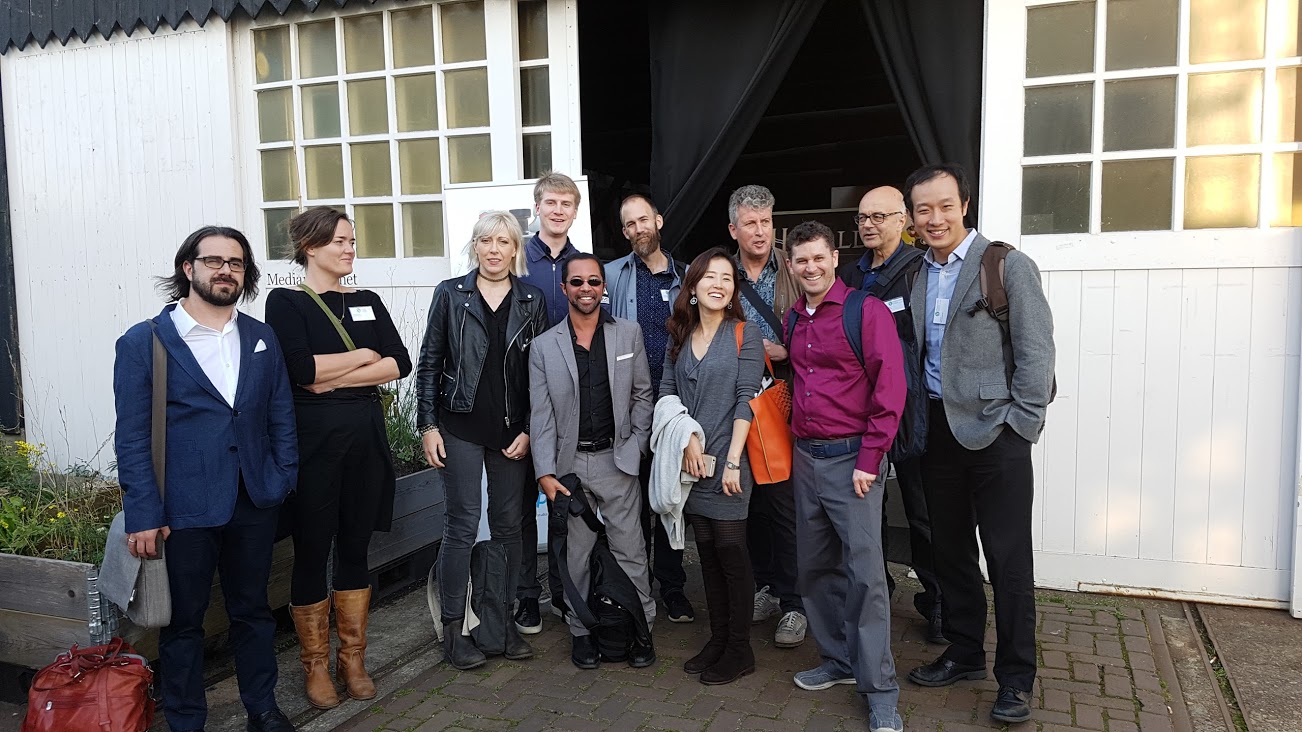
Persuasive Gaming in Context Closing Conference
The Persuasive Gaming Conference (PGC) was the closing event of the “Persuasive Gaming in Context” research project. The PGC will took place in Amsterdam on 15 October 2017, connected to CHI PLAY 2017.
This conference was concerned with the characteristics, design principles, and effectiveness of persuasive gaming. Thus far, combining the contributions of different theoretical traditions have been rather uncommon in Persuasive Game Studies. In this conference, we critically integrated what has been accomplished in separate research traditions. In it, contributions from different disciplines helped to reflect on how gaming practices combine the dissemination of information with attempts to engage players in particular behaviors and attitudes. See complete programme here.
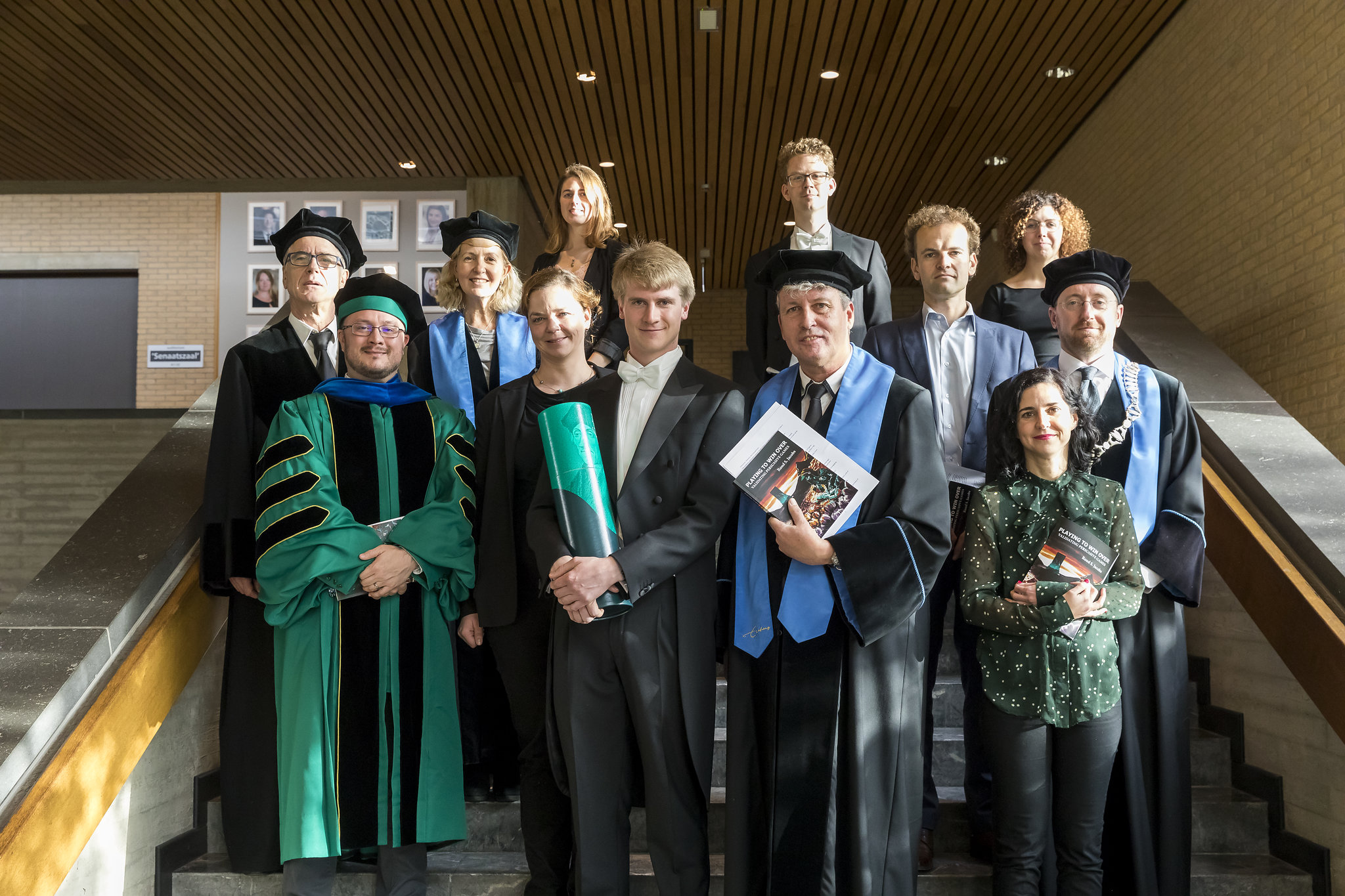
Ruud Jacobs’ PhD Thesis defense: “Play to Win Over”
Ruud Jacobs, one of the project’s PhD researchers, successfully defended his thesis ‘Playing to Win Over’ at Erasmus University Rotterdam, 10 Nov 2017. The international assessment committee agreed with his promotors Jansz and Kneer that his research is of outstanding quality. During the ceremony, critical questions were raised by Nick Bowman (West Virginia U), Jan van Looy (Ghent U), Susanne Janssen (Erasmus U) and PGIC researchers Schouten, De La Hera and Raessens. The thesis is about validating persuasive games and includes empirical lab research, surveys and the development of 2 theoretical models for validation research. Click here to download the thesis.
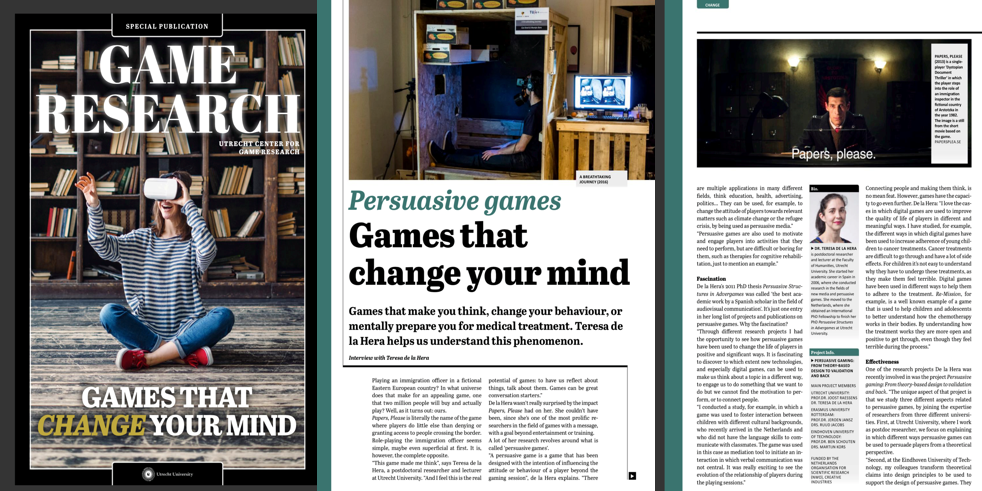
Games that change your mind
Teresa de la Hera talks about the potential of digital games to change the attitude of players in a special issue recently published by Utrecht University. In the interview Teresa talks about the theoretical knowledge on Persuasive Games gained during the PGiC project. Read the whole interview here: PDF.
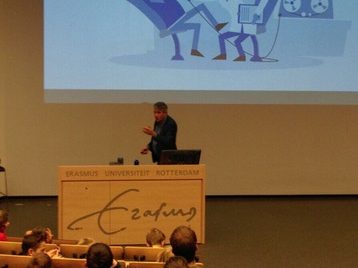
Lesson series ‘Gaming’ for primary school children
On 10 October, at Erasmus University Rotterdam, Jeroen Jansz opened the Lesson series ‘Gaming’ for primary school children. The course was developed by Wetenschapsknooppunt Erasmus University (Public Science) in collaboration with Jansz, also building upon PGIC research. About 140 pupils will spend 6 lessons on the nature of (digital) games and their effects. They will practice interviewing as a scientific method and develop their own game.
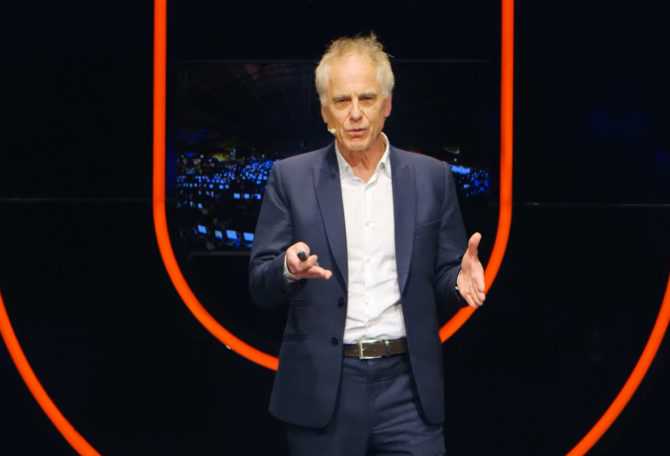
Ben Schouten: “How games can create a better world”
In this public lecture Prof. Ben Schouten wonders ‘How Games can create a better World’, building on the theory of persuasive games or more specific the notion of playful empowerment. How can the design of games, gamification and playful interaction, empower citizens in several application areas such as education, healthcare and city making to improve
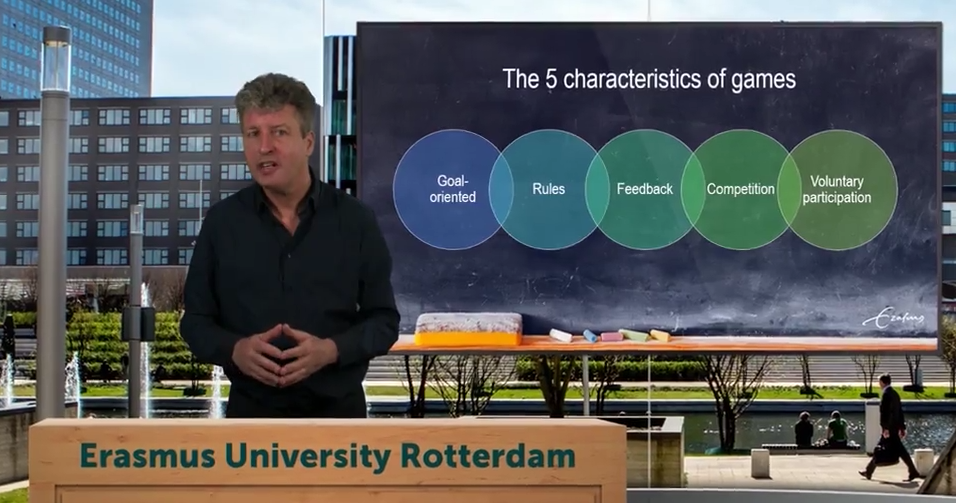
Massive Open Online Course on Serious games
A team of educators, led by Jeroen Jansz, has developed a Massive Open Online Course (MOOC) on the subject of serious games. In this six-week program, serious games are defined, identified, and investigated from a social-science perspective.
Online Presentation on Effects of a Persuasive Game
In this video, Ruud shares his research on the effects of the game My Cotton Picking Life. He discusses his methods and results, before drawing conclusions about the effects persuasive games can have on their players.
Online Presentation A Validation-Oriented Approach
In this video, Ruud shares his research on the effects of the game My Cotton Picking Life. He discusses his methods and results, before drawing conclusions about the effects persuasive games can have on their players. https://youtu.be/54i32Mn0UFQ
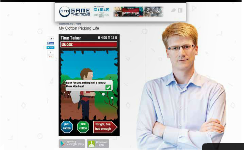
Erasmus Magazine Gaming Special features PGiC research Ruud Jacobs
In a special on gaming among people working at Erasmus University Rotterdam, Ruud Jacobs discusses his research on persuasive games and how he relates to it personally. You can find this edition of the magazine here.
Validation Miniconference
As part of efforts to push the field of persuasive games research forwards, the PGiC team hosted an academic event on Friday the 20th of May, 2016 that was geared towards the validation side. At the Erasmus University, 18 researchers from different countries gathered to discuss how best to channel efforts to validate persuasive games.
